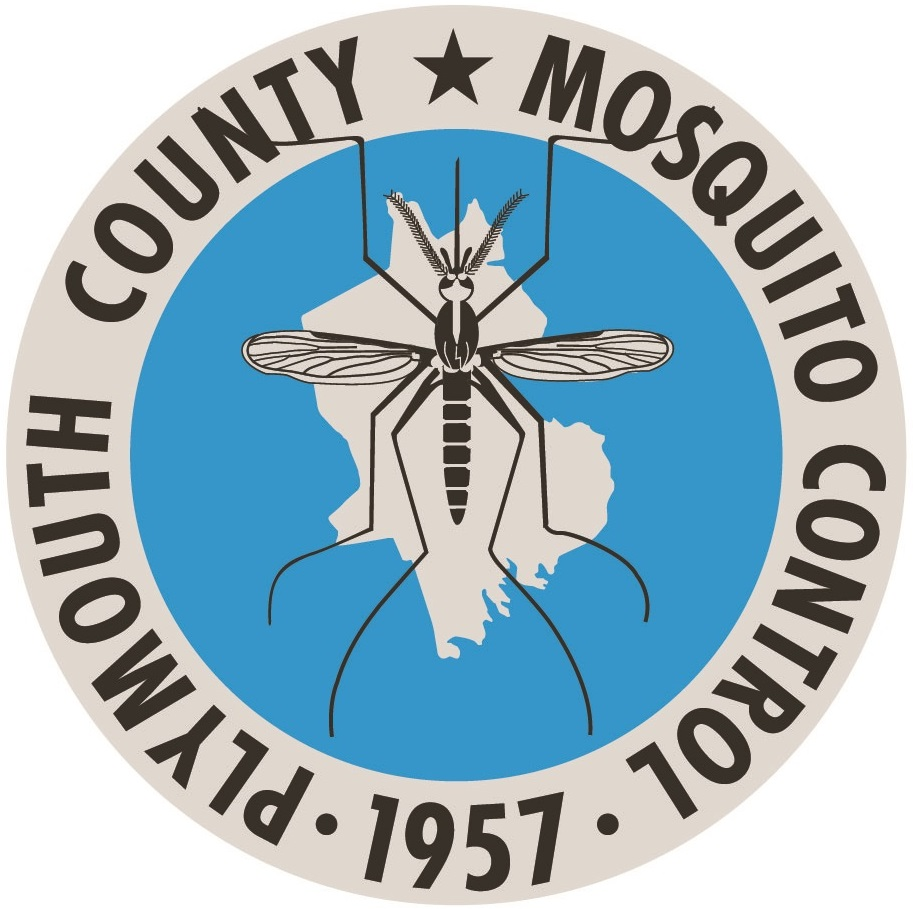General Information
Aedes albopictus, also known as the Asian tiger mosquito is from Southeast Asia. Human activity has allowed Ae. albopictus to expand its range throughout much of the world. The mosquito was introduced into the U.S. in the 1980’s. Currently, the Asian tiger mosquito is found in localized areas of Massachusetts. The Centers for Disease Control (CDC) predicts that the mosquito will expand its range into all of Massachusetts.
The Asian tiger mosquito is distinctive for several reasons. The mosquito is a very aggressive human biter and is capable of transmitting many diseases. It is a small black and white day biting mosquito. Once Ae. albopictus has blood fed it will lay its eggs in any natural or man-made container. It's growth can be very quick going from egg to adult in 10 days. The adult never travels from it's larval home. Eliminating containers is the best way to control Ae. albopictus and other common mosquitoes.
Does the mosquito transmit disease?
Ae. albopictus is strongly attracted to humans and other mammals. It is capable of transmitting many different diseases. In nature it has been found with a variety of viruses including eastern equine encephalitis, West Nile, dengue and chikungunya.
What can I do?
The Asian tiger mosquito is best controlled through habitat reduction. This means that landowners should be vigilant about eliminating containers on their property. The mosquito lays its eggs on the side of containers at the water line. As a result containers left outside such as watering dishes and bird baths should be scrubbed weekly. Containers not in use should be taken inside or covered so they cannot fill with water. Ae. albopictus is known for needing only small amounts of water to live in, so landowners need to be extra vigilant when it comes to source reduction.
How do I avoid mosquito bites?
When appropriate wear long sleeve shirts, long pants, socks and shoes.
Avoid being outside when mosquitoes are biting.
Apply repellents as directed. There are a variety of repellents that have been shown to be low risk and effective they are DEET, picaridin, oil of lemon eucalyptus and IR3535. Repellents
Keep window and door screens in good repair.
What is Plymouth County Mosquito Control Project (PCMCP) doing?
- Tire removal and recycling.
- We are working with Dept. of Public Health to identify areas where the mosquito is present in the county.
- Working to educate public officials and the general public about the issue.
Image Credit: By James Gathany, CDC - This media comes from the Centers for Disease Control and Prevention's Public Health Image Library (PHIL), with identification number #2165. Creative Commons License

